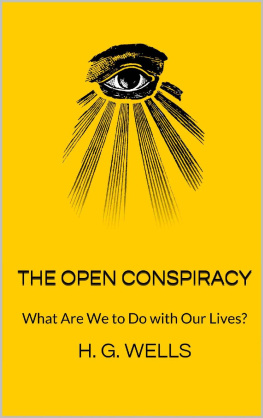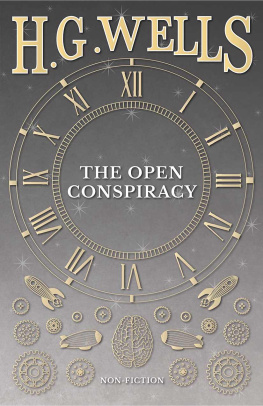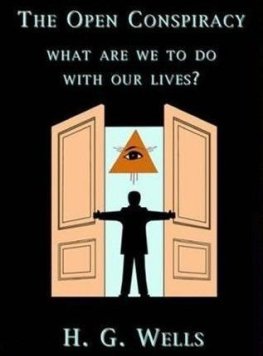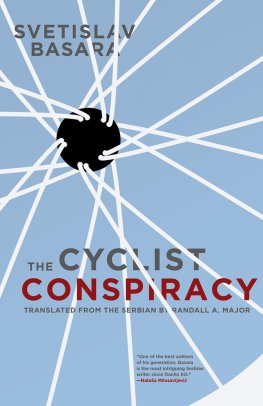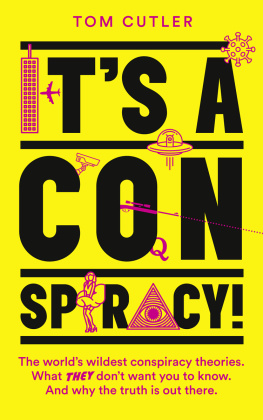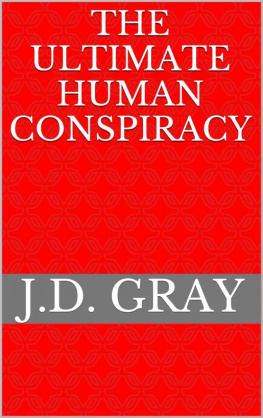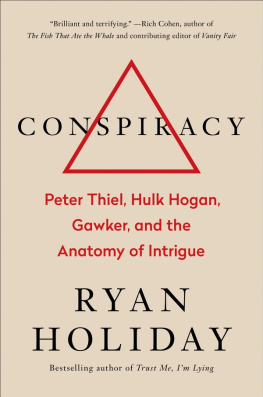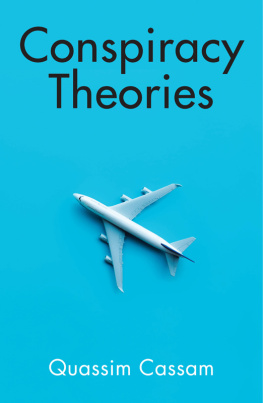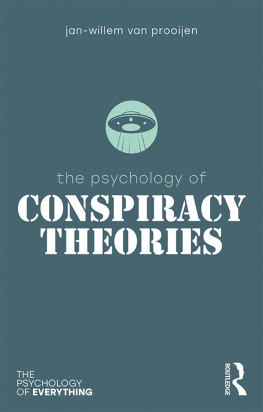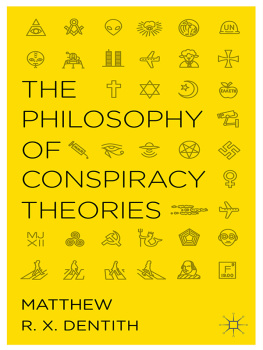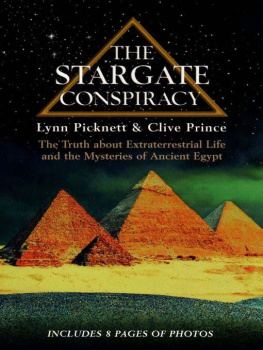by H. G. Wells
1 - The Present Crisis in Human Affairs
THE world is undergoing immense changes. Never before have the conditions of life changed so swiftly and enormously as they have changed for mankind in the last fifty years. We have been carried along - with no means of measuring the increasing swiftness in the succession of events. We are only now beginning to realize the force and strength of the storm of change that has come upon us.
These changes have not come upon our world from without. No meteorite from outer space has struck our planet; there have been no overwhelming outbreaks of volcanic violence or strange epidemic diseases; the sun has not flared up to excessive heat or suddenly shrunken to plunge us into Arctic winter. The changes have come through men themselves. Quite a small number of people, heedless of the ultimate consequence of what they did, one man here and a group there, have made discoveries and produced and adopted inventions that have changed all the condition, of social life.
We are now just beginning to realize the nature of these changes, to find words and phrases for them and put them down. First they began to happen, and then we began to see that they were happening. And now we are beginning to see how these changes are connected together and to get the measure of their consequences. We are getting our minds so clear about them that soon we shall be able to demonstrate them and explain them to our children in our schools. We do not do so at present. We do not give our children a chance of discovering that they live in a world of universal change.
What are the broad lines upon which these alterations of condition are proceeding?
It will be most convenient to deal with them in the order in which they came to be realized and seen clearly, rather than by the order in which they came about or by their logical order. They are more or less interdependent changes; they overlap and interact.
It was only in the beginning of the twentieth century that people began to realize the real significance of that aspect of our changing conditions to which the phrase the abolition of distance has been applied. For a whole century before that there had been a continual increase in the speed and safety of travel and transport and the ease and swiftness with which messages could be transmitted, but this increase had not seemed to be a matter of primary importance. Various results of railway, steamship, and telegraph became manifest; towns grew larger, spreading into the countryside, once inaccessible lands became areas of rapid settlement and cultivation, industrial centres began to live on imported food, news from remote parts lost its time-lag and tended to become contemporary, but no one hailed these things as being more than improvements in existing conditions. They are not observed to be the beginnings of a profound revolution in the life of mankind. The attention of young people was not drawn to them; no attempt was made, or considered necessary, to adapt political and social institutions to this creeping enlargement of scale.
Until the closing years of the nineteenth century there was no recognition of the real state of affairs. Then a few observant people began, in a rather tentative, commentary sort of way, to call attention to what was happening. They did not seem to be moved by the idea that something had to be done about it; they merely remarked, brightly and intelligently, that it was going on. And then they went on to the realization that this abolition of distance was only one aspect of much more far-reaching advances.
Men were travelling about so much faster and flashing their communications instantly about the world because a progressive conquest of force and substance was going on. Improved transport was only one of a number of portentous consequences of that conquest; the first to be conspicuous and set men thinking; but not perhaps the first in importance. It dawned upon them that in the last hundred years there had been a stupendous progress in obtaining and utilizing mechanical power, a vast increase in the efficiency of mechanism, and associated with that an enormous increase in the substances available for man's purposes, from vulcanized rubber to the modern steels, and from petroleum and margarine to tungsten and aluminium. At first the general intelligence was disposed to regard these things as lucky finds, happy chance discoveries. It was not apprehended that the shower of finds was systematic and continuous. Popular writers told about these things but they told of them at first as Wonders - Wonders like the Pyramids, the Colossus of Rhodes, and the Great Wall of China. Few realized how much more they were than any Wonders. The Seven Wonders of the World left men free to go on living, toiling, marrying, and dying as they had been accustomed to for immemorial ages. If the Seven Wonders had vanished or been multiplied three score it would not have changed the lives of any large proportion of human beings. But these new powers and substances were modifying and transforming - unobtrusively, surely, and relentlessly - very particular of the normal life of mankind.
They increased the amount of production and the methods of production. They made possible Big-Business, to drive the small producer and the small distributor out of the market. They swept away factories and evoked new ones. They changed the face of the fields. They brought into the normal life, thing by thing and day by day, electric light and heating, bright cities at night, better aeration, new types of clothing, a fresh cleanliness. They changed a world where there had never been enough into a world of potential plenty, into a world of excessive plenty. It dawned upon their minds after their realization of the abolition of distance that shortage of supplier had also been abolished and that irksome toil was no longer necessary to produce everything material that man might require. It is only in the last dozen years that this broader and profounder fact has come through to the intelligence of any considerable number of people. Most of them have still to carry their realization a step farther and see how complete is the revolution in the character of the daily life these things involve.
But there are still other changes outside this vast advance in the pace and power of material life. The biological sciences have undergone a corresponding extension. Medical art has attained a new level of efficiency, so that in all the modernizing societies of the world the average life is prolonged, and there is, in spite of a great fall in the birth rate, a steady, alarming increase in the world's population. The proportion of adults alive is greater than it has ever been before. Fewer and fewer human beings die young This has changed the social atmosphere about us. The tragedy of lives cut short and ended prematurely is passing out of general experience. Health becomes prevalent. The continual toothaches, headaches, rheumatism, neuralgias, coughs, colds, indigestions that made up so large a part of the briefer lives of our grandfathers and grandmothers fade out of experience. We may all live now, we discover, without any great burthen of fear, wholesomely and abundantly, for as long as the desire to live is in us.
But we do not do so. All this possible freedom of movement, this power and abundance, remains for most of us no more than possibility. There is a sense of profound instability about these achievements of our race. Even those who enjoy, enjoy without security, and for the great multitude of mankind there is neither ease, plenty, nor freedom. Hard tasks, insufficiency, and unending money worries are still the ordinary stuff of life. Over everything human hangs the threat of such war as man has never known before, were armed and reinforced by all the powers and discoveries of modern science.

